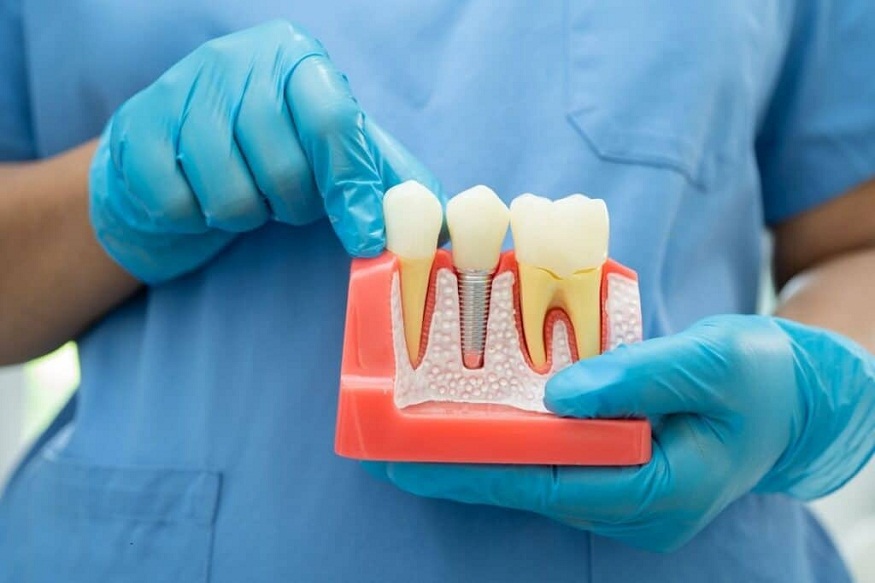Dental health plays a crucial role in our overall well-being. When considering dental implants, consulting a periodontist can make a significant difference. Periodontists specialize in the prevention, diagnosis, and treatment of gum disease and oral inflammation. These specialists have the expertise to assess gum health and bone structure. This ensures that implants have the best possible foundation. Their training in periodontics & implant surgery in Chicago highlights their ability to handle complex cases with skill and precision. Periodontists offer three key benefits. They provide a comprehensive evaluation to ensure a strong base for implants. They focus on treating any underlying conditions that could affect implant success. They give ongoing care to maintain gum health post-surgery. These steps make the implant process smoother and more effective. Choosing a periodontist ensures that your implant journey is in capable hands, giving you the best chance for a successful outcome.
Understanding the Role of a Periodontist
Periodontists are dental professionals with advanced training in managing periodontal issues. Their focus is on the tissues surrounding and supporting the teeth. This expertise is vital for implant success. They ensure that the gums and bones are healthy enough to support implants long-term. According to the American Dental Association, treating periodontal disease effectively can prevent tooth loss and other complications, making them key players in implant procedures.
Benefits of Choosing a Periodontist
- Expert Evaluation: Periodontists conduct thorough examinations to determine the health of your gums and bones. This evaluation is crucial to ensure that implants will be secure.
- Treatment of Underlying Conditions: They address any gum disease or inflammation before proceeding with the implant. This step prevents complications and ensures a solid foundation for the implant.
- Ongoing Care and Maintenance: Regular follow-ups with a periodontist help in maintaining gum health, which is essential for the longevity of dental implants.
Comparison: General Dentist vs. Periodontist for Implants
| Aspect | General Dentist | Periodontist |
| Training | Basic implant training | Advanced training in gum and bone health |
| Evaluation | Basic oral examination | Comprehensive gum and bone assessment |
| Treatment Focus | General dental issues | Specialized in periodontal conditions |
| Post-care | Regular check-ups | Focused maintenance of gum health |
Understanding the Implant Procedure
The implant process involves several stages. First is the evaluation, where the periodontist examines your gums and bone structure. If any periodontal issues are found, they are treated to ensure a successful outcome. Following this, the implant is placed into the jawbone. Over time, the bone fuses with the implant in a process known as osseointegration. This creates a strong anchor for the replacement tooth. Regular check-ups are crucial after the procedure to monitor the health of the gums and ensure the implant remains stable.
Why Gum Health Matters
Gum health is essential to the success of dental implants. Healthy gums provide a stable environment for the implant. Inflammation or disease in the gums can lead to implant failure. Periodontists are trained to tackle these issues before they become problems. According to the Centers for Disease Control and Prevention, maintaining gum health is key to preventing further oral health complications.
Post-Implant Care and Maintenance
After the implant is in place, ongoing care is important. This care includes regular cleanings and check-ups to monitor the health of your gums and the implant site. Periodontists offer tailored advice on maintaining good oral hygiene to ensure the longevity of your implant. They provide guidance on brushing, flossing, and other practices that support gum health.
Conclusion
Visiting a periodontist for dental implants ensures a higher likelihood of success. With specialized training and expertise, they offer comprehensive care throughout the implant process. They assess, treat, and maintain the health of your gums, providing a solid foundation for your implant. This approach helps to ensure that your dental implant is both functional and long-lasting.

